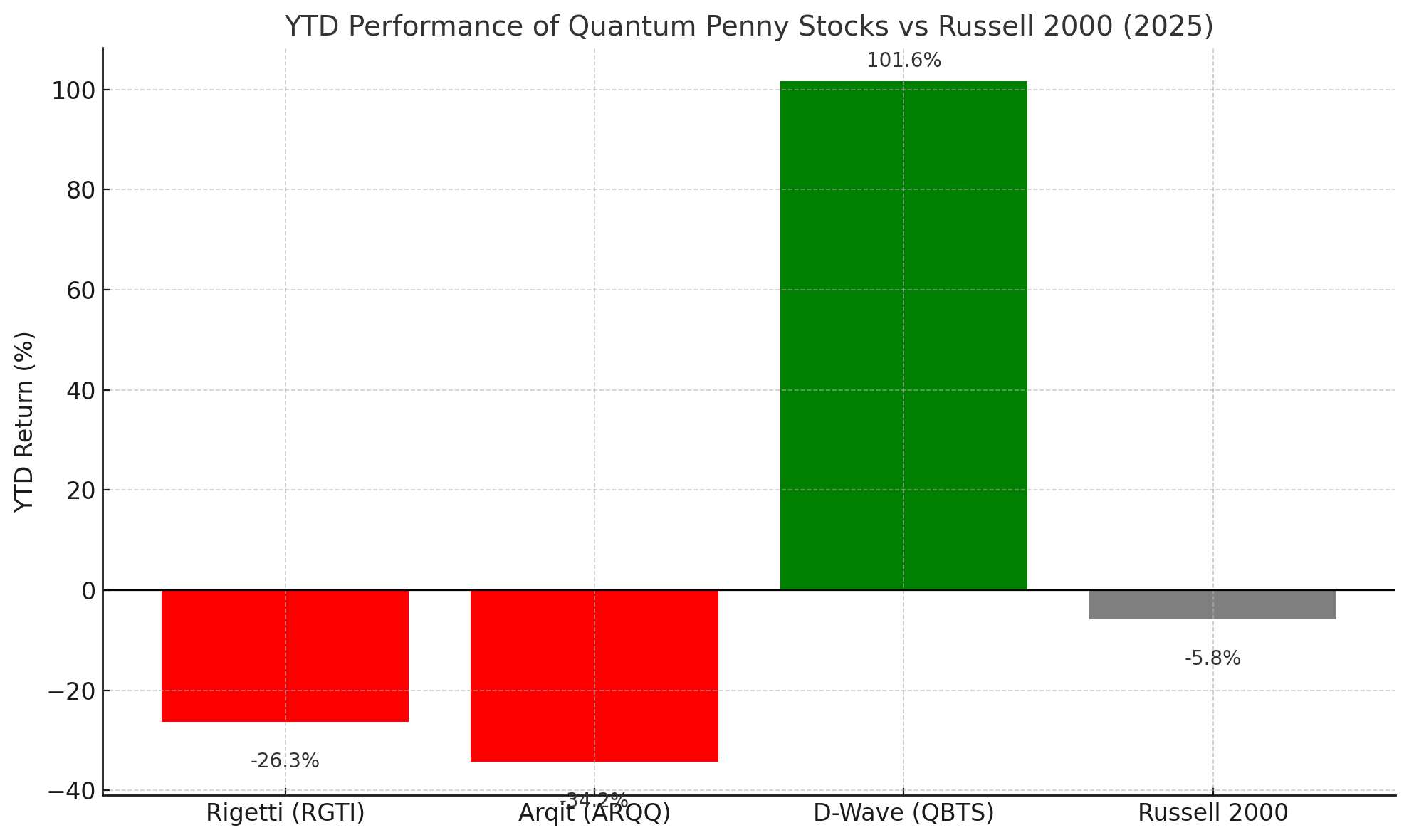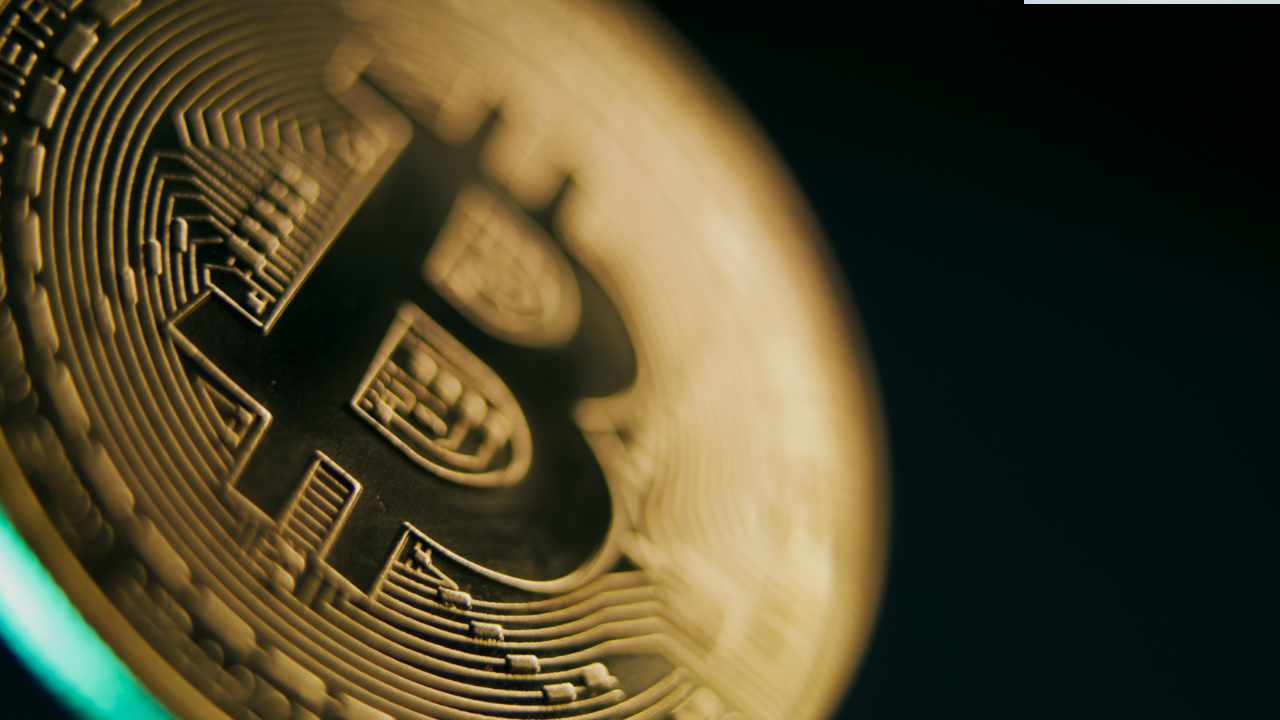FTX is simultaneously the biggest fraud and the culmination of the largest banking crisis in the history of the crypto industry. But the FTX debacle has very little to do with crypto itself: It is merely another episode in global finance’s long history of such catastrophes.
Despite extensive regulation and central bank activity, traditional finance is littered with shocks, panics, bank runs, and other disasters of which FTX is just the latest iteration. But unlike traditional finance, crypto offers a pathway to a sounder financial system. If crypto is going to deliver on this, the principles of decentralization, immutability, and verifiability need to be adopted by more centralized institutions.
Financial Crises Are Symptoms of the Opaque Fractional Reserve Banking System
Fraud is as old as humanity and banking crises are as old as banking itself. But the ubiquity of such excesses has increased ever since banks evolved from depository institutions that held client deposits on reserve to fractional reserve banks.
Fractional reserve banks only keep a small share of client deposits on hand. Hungry for returns, they prioritize profits over client safety, leveraging up their balance sheets by investing client capital in longer-duration, less-liquid, and less credit-worthy assets. This dramatically boosts the sector’s profitability, but it makes banks susceptible to runs and insolvency. After all, fractional reserve banks are, by definition, insolvent. If clients seek to redeem their deposits en masse, the banks won’t have the necessary capital available to meet the demand.
The FTX collapse is an outgrowth of this system. FTX CEO Sam Bankman-Fried allegedly bailed out his own trading firm, Alameda Research, with FTX client capital, effectively turning FTX into a fractional reserve bank and executing the typical financial fraud.

Regulation and Monetary Policy Don’t Fit with Crypto
Traditional finance attempts to counteract the inevitable excesses of fractional reserve banking with regulation and monetary policy. Neither of these are likely to work effectively in crypto. Let me explain.
The FTX scandal highlights crypto’s ongoing regulatory arbitrage potential. Bitcoin, Ethereum, and other crypto-assets are decentralized, internet-based financial technologies. They facilitate the movement of capital among various parties throughout the globe, no matter their jurisdiction. Exchanges are easy to set up in more far-flung jurisdictions as a means of evading restrictions and growing market share away from the hawkish eyes of developed market regulators. In fact, this is exactly the path FTX pursued, opting to conduct its operations in the Bahamas. Perversely, the stricter developed market regulators become in the wake of the FTX collapse, the greater the incentive among crypto operators to migrate to more permissive jurisdictions.
Enron, Barings Bank, and Theranos all demonstrate that complex banking regulations solve neither banking crises nor frauds. In fact, FTX’s Bankman-Fried cultivated close relationships with US regulators in Congress and the SEC in recent years. He was hiding in plain sight, and regulators didn’t see a thing.
Thoughtful crypto regulations may help rein in crypto intermediaries in the future, but history shows regulation is no silver bullet.
Central banking does lower the risk of bank runs in traditional financial markets. A central bank’s status as lender of last resort reduces the incentive to flee insolvent institutions. But with crypto, monetary policy is both undesirable and not especially applicable.

Effective monetary policy requires supply elasticity. The US Federal Reserve can manipulate the US money supply, but nobody can just print bitcoin or Ethereum. An inelastic supply of the primary assets is a major constraint to any lender of last resort. Moreover, recent events demonstrate why central bank bailouts are both pernicious and undesirable.
FTX itself effectively acted as a lender of last resort in the crypto space in May and June: It bailed out troubled centralized lenders BlockFi and Voyager, as well as its trading arm, Alameda. But these actions only hid the underlying risk in these institutions and led to a larger crisis down the road. Binance, crypto’s largest exchange, looked like it might step in as FTX teetered on the edge, but wisely stayed on the sidelines.
Healthy Economies Reveal Failures. They Don’t Hide Them.
Bad business practices, poor risk taking, overly leveraged companies, and outright frauds need to be uncovered and put out of business. That is how a healthy, functioning economy works. Central banks can help conceal these challenges in the short-term and delay the final reckoning, but that creates economic inefficiency and damages productivity over the long term.
So, where does crypto go from here?

Apply the Principles of Verifiability and Transparency to Centralized Finance
Like any nascent technology, bitcoin is volatile, but it is robust. Bitcoin and Ethereum continue to process transactions and smart contracts, delivering financial freedom to underserved people around the world. They provide these services without the need for regulators and central banks.
Centralized institutions like FTX have failed to live up to the principles that make bitcoin, Ethereum, and other cryptoassets valuable: transparency, openness, decentralization, etc. To take this industry to the next level, crypto advocates need to impose these principles on centralized financial institutions. Crypto intermediaries like FTX cannot be allowed to succumb to the age-old shenanigans of traditional finance.
Self-custody of assets and decentralized exchanges are two great solutions because they don’t expose users to the vagaries of centralized custodians and their penchant for fractional reserve banking.
Proof of reserves can also make centralized institutions more transparent. After all, centralized intermediaries aren’t going away. Not everyone has the wherewithal to fully transition into crypto’s decentralized universe. Traditional financial institutions need to integrate crypto’s first principles into their operations. A simple on-chain proof of reserves that allows the public to view company assets and liabilities would be a good first step. It wouldn’t prevent all malfeasance, but it would dramatically reduce risks by fostering accountability, openness, and transparency. Regulators wouldn’t be required to audit exchange balance sheets. Instead, crypto can automate the audits through code and on-chain transparency. That information could be disseminated in real-time and be available to everyone.

Crypto Isn’t Going Anywhere
Bitcoin has declined 78% since its October 2021 peak. It also fell 92% in 2010 and 2011, 85% in 2014 and 2015, and 83% in 2018. None of these crashes hampered its functionality or the rapid pace of adoption of the related technology. In fact, crypto has advanced during each subsequent cycle and its adoption rate is among the fastest of any technology.
Bitcoin Bear Markets

Bitcoin Market Capitalization

So, while the FTX fiasco has shaken the industry, a return to crypto’s first principles will see it reemerge once more as a viable alternative to increasing global monetary disorder. The question is, Can the principles of decentralization, resistance to censorship, immutability, transparency, and verifiability expand beyond the protocols and into centralized intermediaries across the world?
If you liked this post, don’t forget to subscribe to the Enterprising Investor.
All posts are the opinion of the author. As such, they should not be construed as investment advice, nor do the opinions expressed necessarily reflect the views of CFA Institute or the author’s employer.
Image credit: ©Getty Images/Stas-Bejsov
Professional Learning for CFA Institute Members
CFA Institute members are empowered to self-determine and self-report professional learning (PL) credits earned, including content on Enterprising Investor. Members can record credits easily using their online PL tracker.















